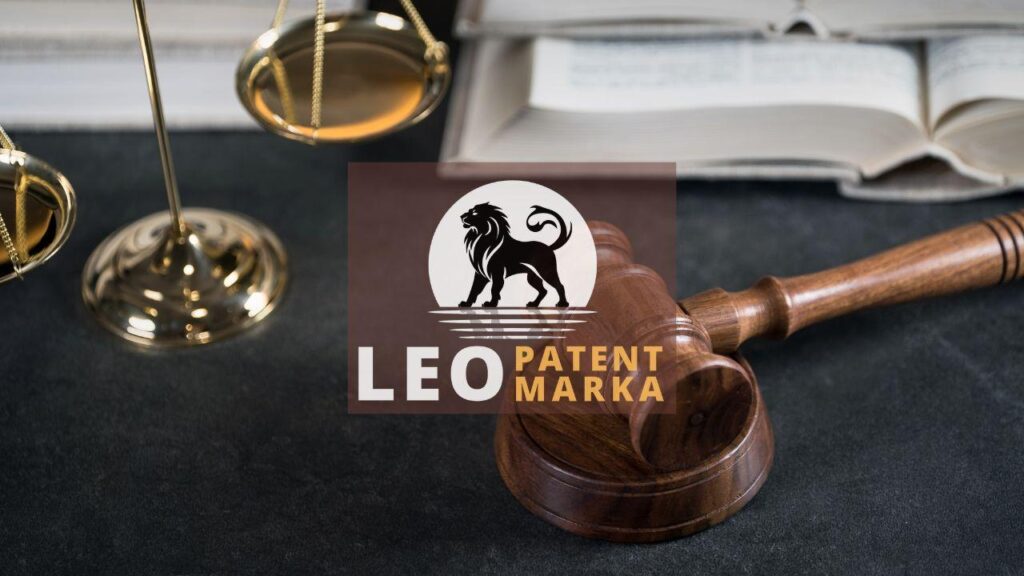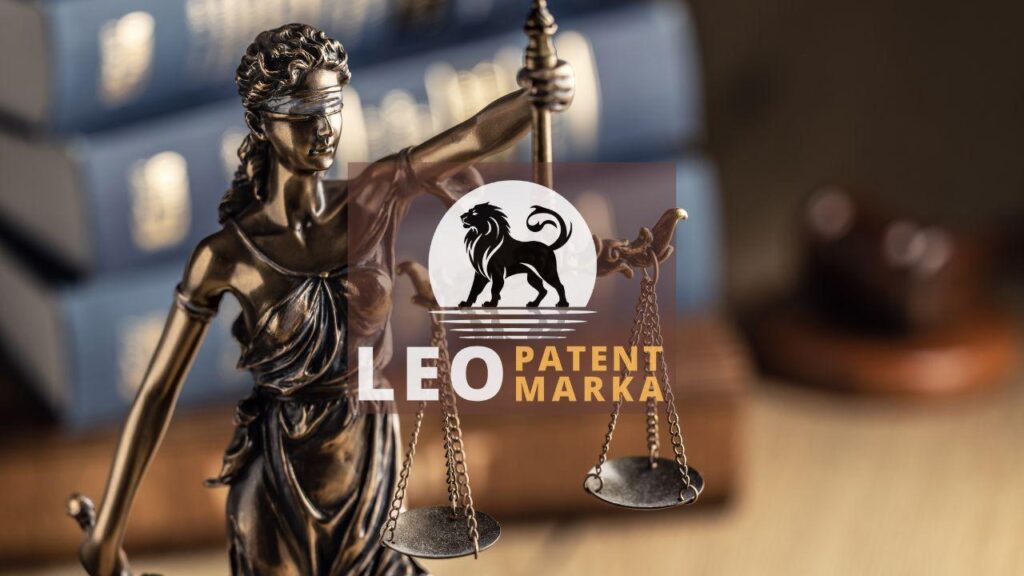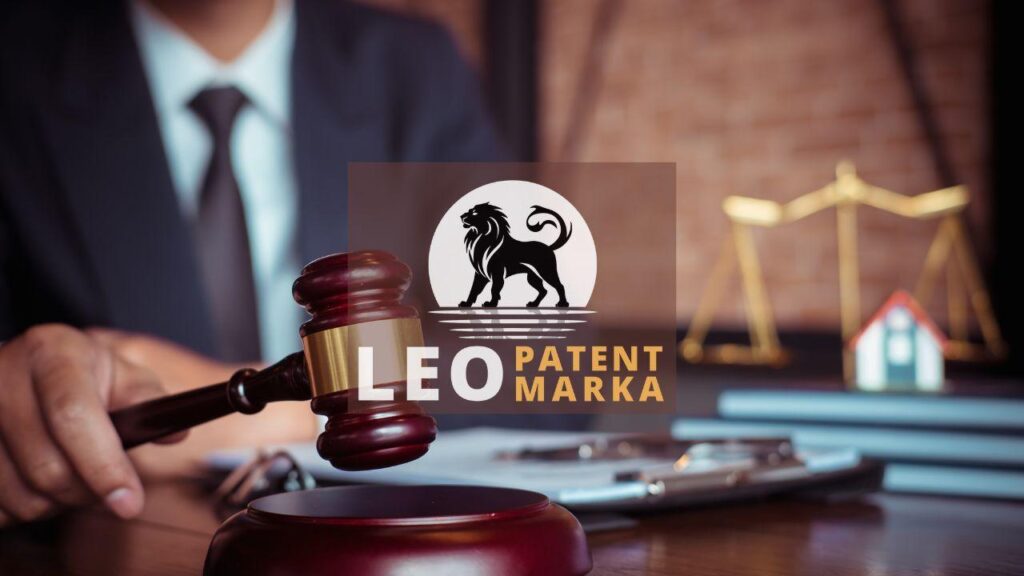Navigating the business world can sometimes feel like finding a needle in a haystack, especially when deciding between licensing and franchising. These two paths may seem similar, but their differences could shape the future of your business endeavor. If you’re pondering over Licensing vs. Franchising, understanding each’s scope might be crucial. Licensing agreements grant you the freedom to use another company’s intellectual property, while franchising provides a blueprint alongside brand recognition. In this competitive landscape, knowing the Franchise vs. Licensing dynamics is invaluable. Franchise benefits include established systems and support, but these often come with more strings attached. On the flip side, licensing offers flexibility and a chance to carve out your own space in the market. A thorough business model comparison reveals how each path supports varying business ambitions. Delve deeper, and you’ll see that choosing wisely could be the catalyst for your success.
Understanding the Key Distinctions Between Licensing and Franchising
Licensing vs Franchising: a pivotal decision for any budding entrepreneur. Licensing agreements offer a simpler route, granting permission to use intellectual property without the need to manage a complete business model. This freedom allows for creativity and personal branding but lacks the comprehensive support found in franchising. On the other hand, franchising encompasses a detailed business model comparison with built-in systems that drive success. Franchise benefits include recognizable branding and ongoing support from experienced entities—an appealing safety net for many. Yet, this comes with constraints, as strict adherence to franchise rules is mandatory. Each approach offers its unique set of advantages and challenges, making understanding these distinctions vital for aligning with your business goals. Choosing between them can shape how you define your market presence and business trajectory, making this decision crucial.
Understanding the key distinctions between Licensing vs Franchising is like distinguishing between night and day in the business landscape. Licensing agreements focus primarily on granting access to intellectual property, providing the licensee with the leeway to innovate within their framework. Whether it’s a patented technology or a unique product, this freedom helps businesses adapt quickly to shifting trends. In contrast, franchising offers a tested path with ready-made systems — think of it as receiving an operational playbook. The structured frameworks and inherent support systems in franchising often hold significant franchise benefits, like robust brand recognition and collective market strength. However, these perks come at the cost of flexibility, as franchisees must rigidly follow established protocols. Delving into a business model comparison highlights these fundamental contrasts in the Franchise vs Licensing equation, guiding business leaders toward the best fit based on their aspirations and appetite for control.
Both Licensing and Franchising present intriguing pathways with distinct flavors. Imagine having a canvas to paint on—that’s Licensing. Licensing agreements grant the liberty to use intellectual assets creatively, ideal for those who love to sculpt their business identity. Licensing allows one to pivot and adapt swiftly, a trait prized in today’s fast-paced market. On the flip side, think of Franchising as joining an orchestra. You gain structured harmony and shared glory through franchise benefits of recognized branding and reliable support. A keen business model comparison reveals the script-like nature of franchises—there’s security in the known but at the expense of creative liberty. Thus, the Franchise vs Licensing debate often boils down to one’s need for independence versus security. If you’re aiming to decide between them, weigh your hunger for flexibility against the allure of proven success.
The Advantages and Disadvantages of Each Business Model
Licensing vs Franchising isn’t just a passing consideration—it’s a pivotal business decision. Exploring Franchise vs Licensing reveals distinct benefits: licensing grants liberty, letting you navigate your venture independently with Licensing agreements. You enjoy creative freedom while capitalizing on another’s valuable expertise or product. In contrast, Franchise benefits offer support—like an umbrella during a storm—with refined business models and training. But remember, it may demand adherence to stringent guidelines, potentially stifling original control. Now, in a Business model comparison, consider your ambition. Would you prefer the autonomy of licensing or the structured safety net of a franchise? Each has its charms and challenges, and understanding them could steer your enterprise into the profitable waters of success. In the end, it boils down to your entrepreneurial spirit and the direction you wish to voyage.
Understanding the advantages and disadvantages of each model is essential when weighing Licensing vs Franchising. Licensing agreements might feel like a breath of fresh air, allowing you to operate independently while leveraging an established name. This autonomy can inspire creativity and innovation, but it also means facing the market’s challenges on your own. On the other hand, Franchise benefits provide a support system and brand recognition, akin to joining a well-oiled machine. However, that structure may feel like walking a tightrope with strict guidelines and reduced control. A Business model comparison can shed light on another aspect: Franchise vs Licensing can also influence your financial landscape. Licenses often require lower initial investments, while franchises may demand more upfront, yet offer potential for quicker returns. Deciphering these intricacies could be the cornerstone of your strategic business planning.
Choosing Licensing vs Franchising involves looking at long-term growth and sustainability. Licensing agreements offer you the advantage of agility. You can pivot and adapt quickly without the obligation of rigid systems. It’s like steering a nimble boat through choppy waters. Yet, this freedom brings its own challenges: the need for self-reliance and resilience against market fluctuations. Franchise benefits, meanwhile, provide a sturdy framework—like a lighthouse guiding you through the dark. The established processes within a franchise could drive efficiency, but they might limit innovation. Franchise vs licensing also reveals a pivotal financial dimension. Licensing often leads to more predictable costs, offering peace of mind to budding entrepreneurs. On the other hand, the initial outlay in a franchise is often higher, yet it brings foreseeable profitability with its seasoned operations. This Business model comparison can illuminate the path that aligns with your vision, setting the stage for sustained success.
How to Choose the Right Path for Your Business Growth
I’m glad you asked about choosing between Licensing vs. Franchising. Imagine standing at a fork in the road, each path marked with promises of growth but differing in direction. To uncover the best route for your business, weigh Franchise benefits against the flexibility of Licensing agreements. Franchising offers tried-and-true systems and branding, a bridge over turbulent waters. But perhaps the allure of licensing lies in its open fields, allowing you room to innovate and tailor. The Franchise vs. Licensing debate isn’t about a clear winner, but discovering which aligns with your ambitions. Conduct a Business model comparison—what suits a bakery bursting with flavor may not fit a tech start-up envisioning global footprints. Remember, your choice is much like planting seeds; the right soil can be the spark that propels your venture to towering success.
Seizing the right path between Licensing and Franchising involves more than just weighing pros and cons; it’s about aligning with your vision. Consider how Franchise benefits, such as brand support and established operations, can pave your way toward steady growth. Yet, Licensing agreements beckon with the promise of creative freedom, allowing your business to flourish with personal flair. Conduct a Business model comparison to determine what resonates with your goals, whether it’s the structured growth of a franchise or the innovative potential of licensing. Dive into the Franchise vs Licensing dynamic, and assess the role each plays in your dream’s architecture. Choosing isn’t merely a step—it’s the heart of your journey. Whether you opt for the guidance of a franchisor or the independence of licensing, understand that your decision can be the launchpad for unprecedented business growth.
Choosing the right path for your business can feel like picking between city lights and country roads; both are charming but cater to different souls. When pondering Licensing vs Franchising, think about where you see your enterprise blossoming. Dive into a Business model comparison: does your vision align with the Franchise benefits of branding and secure frameworks, or does the independence within Licensing agreements spark your creativity? Evaluating Franchise vs licensing helps identify your unique direction. It’s crucial to look beyond the paint on the surface—consider the structure beneath. Are you ready for the consistency a franchise brings, or is embracing flexibility your ultimate goal? Your decision here is akin to setting sail on business waters; let your compass be guided by long-term growth aspirations. Whether it’s franchising’s safe harbors or licensing’s open seas, every choice shapes tomorrow’s possibilities.
Disclaimer: This article is for general information purposes only and it is recommended that you consult experts and companies in that field to evaluate your specific situation. We are not responsible for any damage that may arise from the use of the information in this article.







